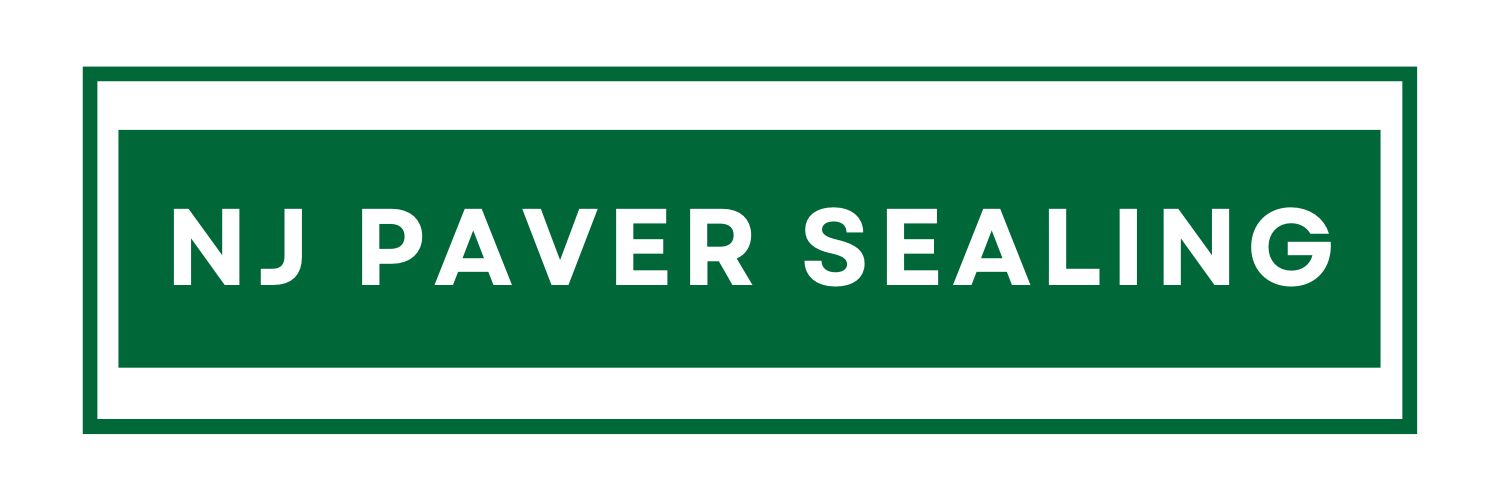Spring is the perfect time to refresh and protect your outdoor space with professional paver sealing. After enduring winter’s harsh conditions, your pavers need restoration to maintain their beauty and durability. Sealing them in the spring ensures they’re ready to withstand summer’s intense UV rays while preventing long-term damage.
If you’re considering paver sealing in Point Pleasant Beach, NJ, now is the time! Here’s why spring is the ideal season to get the job done.
The Benefits of Sealing in Mild Spring Temperatures
Spring provides the most favorable weather conditions for sealing pavers. Moderate temperatures allow the sealer to cure properly, leading to a durable and even finish.
- Sealer bonds best when temperatures range between 50 and 80 degrees Fahrenheit. Spring offers this balance before the extreme heat of summer.
- Moisture from winter has time to dry, reducing the risk of sealing over trapped water, which can cause hazy or white spots.
- Sealing during cooler temperatures prevents the sealer from drying too quickly, which can lead to uneven coverage and reduced protection.
- Scheduling sealing in spring ensures pavers are protected before summer traffic increases on patios, driveways, and walkways.
It is important to check the weather forecast before sealing. Rain within 24 to 48 hours can interfere with the sealer’s ability to cure properly.
How Winter Damage Can Be Fixed with Sealing
Winter conditions often leave pavers looking dull, discolored, or even damaged. Snow, ice, and freezing temperatures can take a toll on paver surfaces and the joint sand that holds them in place.
Common issues caused by winter include:
- Erosion of Joint Sand – Melting snow and rain can wash away joint sand, leading to loose or shifting pavers.
- Salt and Deicer Damage – Harsh chemicals used in winter can cause pitting and discoloration on paver surfaces.
- Cracks and Chips – The freeze-thaw cycle can expand water trapped in pavers, leading to cracks and surface wear.
- Moss and Weed Growth – Moisture buildup encourages the growth of weeds and moss in the joints, which can further destabilize pavers.
Sealing pavers in the spring helps reverse this damage. A high-quality sealant stabilizes joint sand, prevents further cracking, enhances color, and protects against future weather damage. By addressing these issues early, homeowners can prevent more costly repairs later in the year.
Why Sealing Before Summer Protects Against UV Damage
Sealing pavers before summer helps protect them from prolonged sun exposure, heat damage, and wear from increased foot traffic.
- Without a protective sealer, pavers are susceptible to fading from ultraviolet rays. A sealant acts as a barrier, preserving their natural color and preventing them from looking dull over time.
- High temperatures can make unsealed pavers more vulnerable to cracks and surface wear, especially in areas with frequent use.
- Summer activities such as barbecues and outdoor gatherings often lead to spills. Sealed pavers are easier to clean and less likely to absorb stains from food, drinks, and grease.
- Afternoon thunderstorms and irrigation can cause water damage, particularly if the pavers are porous. Sealing prevents water absorption, reducing the risk of erosion and mold growth.
Sealing in spring allows pavers to be fully protected before the summer months, extending their lifespan and maintaining their appearance.
The Ideal Weather Conditions for Sealing Pavers
Paver sealing should always be done in optimal weather conditions to achieve the best results. The following factors contribute to a successful sealing application:
- Temperatures should range between 50 and 80 degrees Fahrenheit. Extreme heat can cause the sealer to dry too quickly, while cold temperatures can prevent proper adhesion.
- Low humidity levels help the sealer cure evenly without trapping excess moisture.
- A dry weather forecast is essential. Rain within 24 to 48 hours of sealing can wash away the protective layer before it fully sets.
- Pavers must be completely dry before sealing. If moisture is trapped under the sealer, it can cause a hazy or cloudy finish.
Spring provides the ideal balance of temperature, humidity, and dry conditions, making it the best time to seal pavers.
Schedule Your Spring Paver Sealing with NJ Paver Sealing
Spring is the best time to protect and restore your pavers before the summer heat causes additional wear. At NJ Paver Sealing, we specialize in professional paver cleaning and sealing services that enhance the durability and appearance of patios, driveways, walkways, and pool decks.
Our expert team uses high-quality sealers and precise application methods to ensure long-lasting results. Whether your pavers need joint sand restoration, color enhancement, or protection from stains and weather damage, we have the right solution.
To schedule your spring paver sealing in Point Pleasant Beach, NJ, contact NJ Paver Sealing today.
- Call 732-800-6085 for a free estimate.
- Visit NJ Paver Sealing for more information.
- Check out our location on Google Maps.
Sealing your pavers this spring will ensure they look beautiful and stay protected for years to come. Take advantage of the ideal weather conditions and secure your appointment today.
